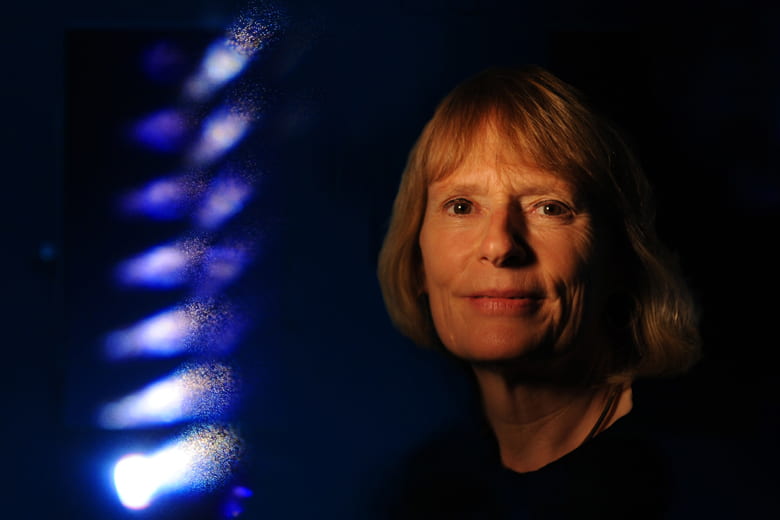AirUCI expands horizons
UCI is ramping up its focus on air quality and climate change research in an effort to tackle some of today’s most pressing environmental challenges.

UCI is ramping up its focus on air quality and climate change research in an effort to tackle some of today’s most pressing environmental challenges.
AirUCI, the group that explores atmospheric issues, has become an official organized research unit, nearly tripling the number of scientists involved and vastly expanding its scope. Seventeen scientists from physical sciences and engineering and the College of Health Sciences will work to advance understanding of air pollution on local and global scales, its impact on health, and the effects of new technologies designed to mitigate its impact.
“Our new designation will allow us to combine the talents of chemists, physicists, Earth system scientists, engineers and health-effects researchers to tackle some of the most pressing air pollution and climate change challenges that exist today,” says Barbara Finlayson-Pitts, AirUCI director and Distinguished Professor of Chemistry.
AirUCI scientists study topics ranging from indoor air purifiers to the effects of sea salt on urban smog formation. They work closely with federal and state agencies, such as the U.S. Department of Energy, the U.S. Environmental Protection Agency and the California Air Resources Board. They also collaborate with researchers around the globe.
Previously, five chemists and one engineer worked together within the scope of AirUCI, which stands for Atmospheric Integrated Research for Understanding Chemistry at Interfaces. AirUCI began as a collaborative research group in 2002 with National Science Foundation funding. In 2004, it became one of seven NSF-supported Environmental Molecular Sciences Institutes.
Says Finlayson-Pitts: “This is a significant expansion in the breadth of challenges that we can address, and it will let us take a broad but integrated approach to various issues in air pollution and climate change.”

